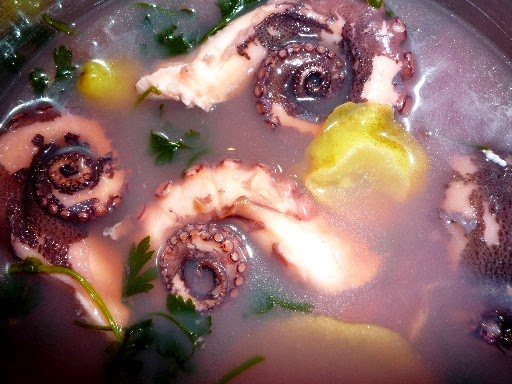They are diverse in their languages. There are three primary types of languages spoken in Europe
and they are called; Romance, Germanic, and Slavic languages. (1) "As their first language, 90% of
Europe's population speaks Germanic, Romance, or Slavic languages, all of which are linguistic groups
of the Indo-European family." (2) There are other languages spoken in Europe, and other than Austria
and Yugoslavia, those languages are named after the name of the country. German is the primary
language spoken in Austria and Serbo-Croatian is the primary language spoken in Yugoslavia. (1)
"Religion is an important component of the geography of cultural coherence and diversity in Europe
because many of today's ethnic tensions result from historical religious events." (2)
Although Christianity is the main religion on the continent, there are also those that practice
Catholicism, Protestantism, and the Eastern Orthodox faith. Some parts of Europe also practice only
Islam. Other religions practiced in Europe are Hinduism and Judaism.(1) Because of the diversity of
religions, there has been a lot of blood shed. From the 11th century split of Christianity into the
Eastern and Western churches, the fight of Christianity and Islam, and the division in the 17th century
of Christianity into Catholicism and Protestantism, there have been many martyrs who stood up for
their faith. (2)
Even the food in Europe is so diverse that it is broken up into Central, Eastern, Western, Southern, and
Northern Cuisine. (1)
 |
| Western European Cuisine: Belgian Carbonnade Flamande |
 |
| Northern European Cuisine: English Sunday Roast |
 |
| Central European Cuisine: Austrian Wiener Schnitzel |
 |
| Eastern European Cuisine: Armenian Khorovats (Shashlik) |
 |
| Southern European Cuisine: Maltese Octopus Stew |
Question:
Why is religion looked at so differently in Europe than in America? Why are past religious events so
heavily influenced in Europe that people are still killed today for what they believe in?
Works Cited
(1) Rowntree, et al. Globalization and Diversity: Geography of a Changing World. New Jersey: Pearson Prentice Hall, 2011
(2) "Facts About Europe" Buzzle.com. Web.
http://www.buzzle.com/articles/facts-about-europe.html
(3) "European Cuisine" Wikipedia.com. Web
http://http://en.wikipedia.org/wiki/European_cuisine

No comments:
Post a Comment